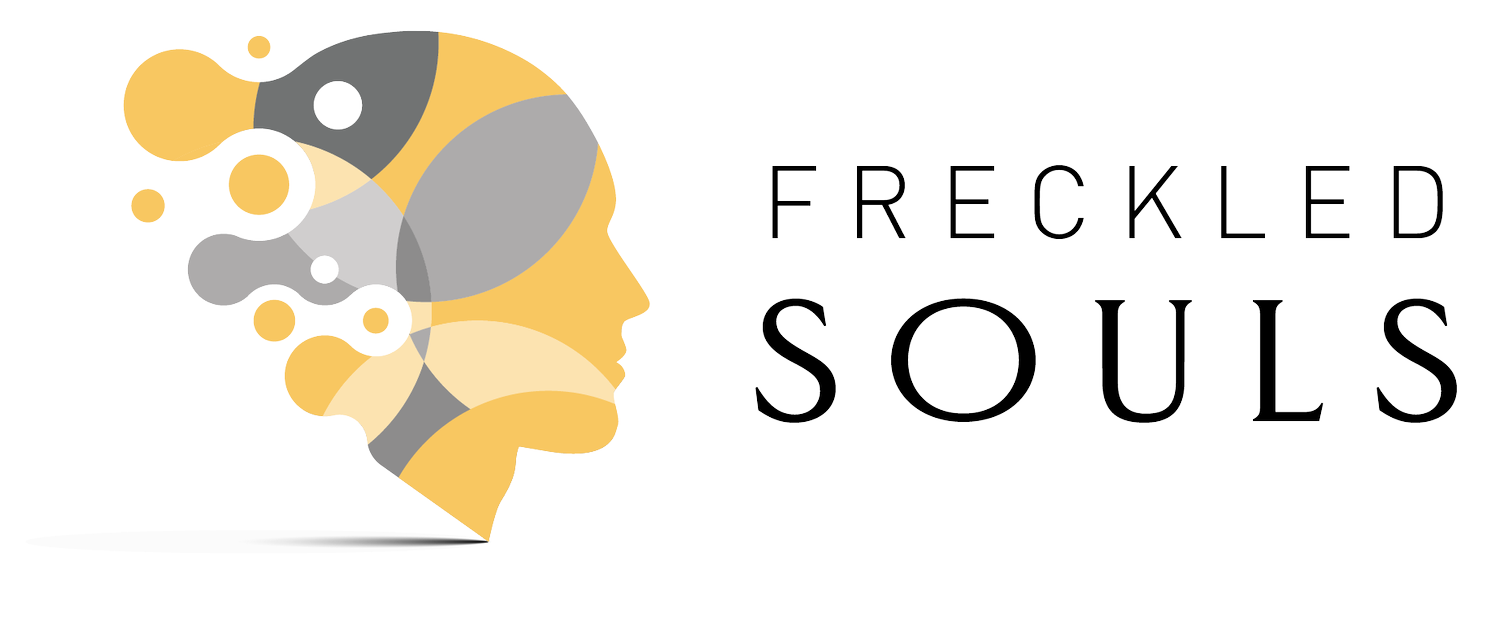On Parenthood
One of the themes I’m most passionate about in life and in the therapy space is parenthood and a question I’m often asked by clients as they open up on difficulties they might be facing is, “Am I a good mother?” or “Am I a good father?” Often, this is accompanied by complex feelings of guilt and anxiety as they contend with the demands put on them in this day and age.
So, I thought I’d put pen to paper to reflect on what makes us good parents. Is there some magic key or secret sauce to doing this all-important job well?
Of course, the idea of parenthood is unique to each one of us and depends very much on numerous variables, such as how we ourselves were raised, where we were raised, the culture within which we were raised, our own belief system and values, our life circumstances, to name a few. Some of us seek to model our parents, feeling that we’ve had a great childhood and wish to share this with our own children. Some of us go in the other direction – actively trying to not do what was done with us, to not repeat cycles that we felt were harmful to us.
Ultimately, there is no one-size-fits-all, and most importantly, the quest to be the perfect parent is doomed from the start. Because there is no such thing, naturally. We are all human, and with our humanity comes making mistakes, exploring, being open, and trying again.
So how can we be good enough parents for our children? Much research has been carried out in this regard and three crucial elements that emerge time and again towards the creation of a safe, loving, and holding relationship with our children are: managing our own emotional regulation; owning up to our mistakes; and repairing what was broken. Let’s break this down.
How many times have we heard someone (not necessarily a parent) say, for example, “You’ve made me lose my cool” or “You make me really sad”? This is the opposite of what is meant by managing our own emotional regulation. Someone’s actions and/or behaviour can bring out in us a plethora of reactions, but we are responsible for our own emotional states. This can be hard to swallow, perhaps.
You might think: “But if someone did [insert relevant action], how can I not be [insert relevant emotional response]?”
Well, in the same way that not everyone has the same reaction to the same event is how.
We make meaning based on our experience, our triggers, our trauma, our emotional resilience, our current state of being, our feeling of safety, and so forth. Ultimately, we are the ones responsible for our own feelings and reactions. So, what we actually are experiencing is I statements as opposed to You statements.
So, “I lose my cool when this happens” or “I feel really sad when I hear this”.
We still acknowledge how we feel or what happens to us, and we are owning it. This does not mean we absolve others from their responsibility for their actions and/or behaviour, rather the opposite. It leaves responsibility with each party, appropriately.
This becomes very important with our children, because even if something they’ve done has, for example, irritated us, the irritation is about us, and owning that becomes healing to our kids. It also reinforces the idea that their behaviour in a determined moment does not define who they are as people, and furthermore, does not contribute to them feeling ‘bad’ or ‘broken’ at their core, because our reaction is not, in fact, about them but about us.
Then comes the crucial step of apologising to them, when appropriate – again making it clear that these little people are not responsible for our emotional regulation, we are (while they remain responsible for their behaviour/action). “I’m sorry I lost my cool when that happened, that’s not ok, I’ll work on responding calmly by [for example] practising my breathing.”
At the same time, by apologising we are showing them that human beings make mistakes, it is ok and acceptable not to be perfect, and we are acknowledging the action we wish to take. We are modelling what happens when we make mistakes and how to repair.
Some years ago, I attended a conference on love in the therapeutic space. In his presentation, Swiss Gestalt psychotherapist Peter Schulthess had explained that children do not need perfect parents. They need a good-enough parent so that when the mistakes happen, because they inevitably will, our children will be able to dip into the reserve of good that has been created and instinctively know they are safe, loved, and seen.
This is a good recipe for any significant relationship, I feel, leaving us free to be our authentic selves with each other, giving each other grace and space, and remaining steadfast in our commitment to one another.
